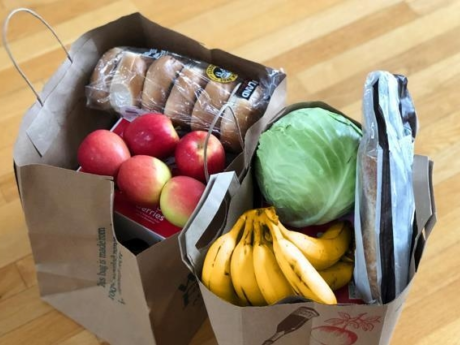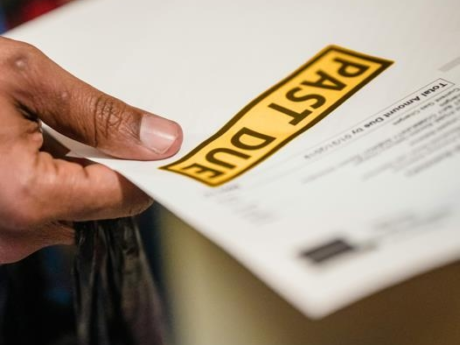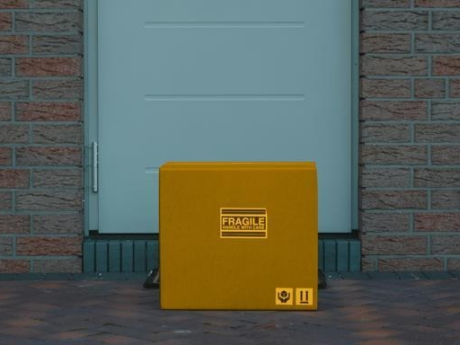Should I use my RRSP to pay off my debts?

It’s normal to want to get out of debt as fast as possible, which can make cashing out your Registered Retirement Savings Plan (RRSP) a tempting quick fix. Though the solution might seem quick, the consequences are lasting—from a series of tax penalties to jeopardizing your retirement. If you’re thinking about withdrawing from your RRSP to pay off debt, make sure you consider the consequences before deciding to dip into your retirement savings.
A portion will be withheld
Cashing out your RRSP and using the funds towards anything other than buying your first home or retiring will lead to a withholding tax. You’ll only receive a portion of the amount you intend to withdraw, losing 10%-30% in tax penalties, making this a very expensive option to pay off debt.
You’ll miss out on interest earned
If you cash out your RRSP you’ll miss out on the opportunity to passively grow your retirement fund via compound interest. Depending on how much money you’ve contributed to your RRSP, you may be passing up on a lot of interest earned.
You’ll pay income tax
Funds taken from your RRSP will be considered income from the year it’s withdrawn. Depending on the amount you withdraw from your RRSP, your increased “income” for the year may bump you into a higher tax bracket, which could increase your overall amount of income tax.
You might jeopardize your retirement plans
RRSPs are intended to allow you to generate tax-free savings to enjoy a comfortable retirement. Every dollar you withdraw today is a dollar that won’t be available when you retire. Cashing out your RRSP now will leave you with less time to build your savings and fund your retirement.
You’ll lose a protected asset
A portion of your RRSPs are exempt in a consumer proposal or bankruptcy (except for contributions made in the last 12 months from filing). This means that if you file a proposal or go bankrupt, your RRSP will not be affected. If you withdraw RRSP funds to pay off debt and later file a proposal or go bankrupt, those funds are gone—your Trustee cannot get them back. However, the Trustee could help take care of the income tax liability created by the RRSP withdrawal.
What’s a better solution to pay off my debt?
Dipping into your RRSP shouldn’t be your first choice for managing overwhelming debt. If you find yourself struggling to pay off debt, the first thing you should do is speak with a Licensed Insolvency Trustee (LIT). Based on your unique situation, a LIT will help you understand all your options to pay off debt and avoid jeopardizing your retirement.
Instead of a quick fix like cashing out your RRSP, a consumer proposal might be a great option for you. This process allows you to consolidate your unsecured debt and only pay back a portion of the total amount you owe through fixed monthly payments over a maximum period of 5 years. Once completed, unpaid balances are written off by your creditors if they’ve agreed to the proposed terms.
Your financial past shouldn’t get in the way of your financial future. If you find yourself struggling to pay down debts, it might be time to get help. Our debt professionals are here to help create personalized debt solutions that meet your financial goals and set you on the road to debt freedom. Call 1-844-4GT-DEBT today or book online for your free consultation.
Take the first step to debt freedom
Speak to one of our debt solutions professionals during a free, no-obligation consultation.
Related articles
Loading








